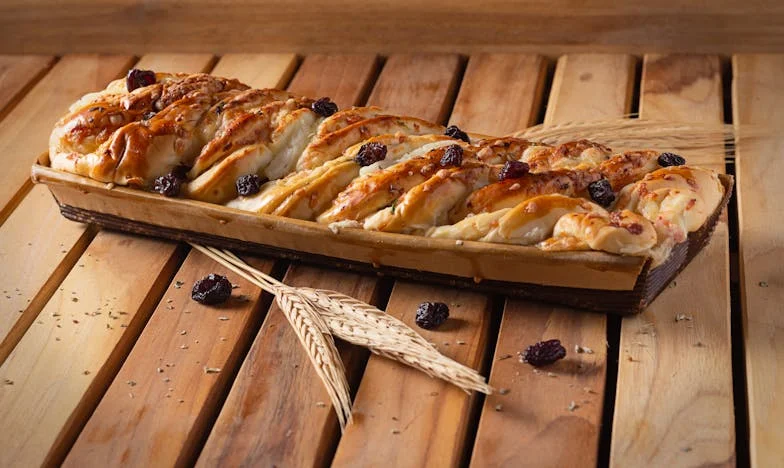“My Daughter-in-Law Praises My Homemade Jams, But Gives Them Away: I Don’t Understand What I’m Doing Wrong”
My three sons, now adults, have all moved out and started their own families. After my divorce, my garden became my sanctuary. It’s where I find peace and purpose, especially during the summer months when I can immerse myself in growing fruits and making homemade jams. These jams are more than just a hobby; they are a labor of love, a way to stay connected to my family despite the physical distance.
Every summer, I spend countless hours in my garden, tending to my fruit trees and berry bushes. The process of making jams is meticulous and time-consuming, but it brings me immense joy. I carefully select the ripest fruits, wash them thoroughly, and cook them down to create the perfect consistency. Each jar is sealed with love and a sense of accomplishment.
When my sons visit, I always make sure to send them home with a few jars of my homemade jams. They’ve grown up with these flavors, and I like to think that each spoonful brings back fond memories of their childhood. My daughter-in-law, Emily, has always been particularly enthusiastic about my jams. She praises them lavishly, telling me how much she enjoys them and how they remind her of her own grandmother’s recipes.
However, recently I’ve noticed something that has left me feeling confused and unappreciated. Emily has been giving away the jars of jam I make for her to her friends and neighbors. At first, I thought it was a kind gesture, a way for her to share something she loves with others. But as time went on, it started to bother me. Why would she give away something that she claims to cherish so much?
I decided to talk to her about it during one of her visits. I approached the subject gently, not wanting to come across as confrontational. “Emily,” I said, “I’ve noticed that you’ve been giving away the jams I make for you. Is there something wrong with them? Do you not like them as much as you say?”
Emily looked surprised and a bit taken aback. “Oh no, Mom,” she replied quickly. “I love your jams! They’re amazing. It’s just that my friends and neighbors always ask about them when they see them at our house. They’re so impressed by your skills that I thought it would be nice to share.”
Her words were kind, but they didn’t ease the ache in my heart. I couldn’t shake the feeling that my efforts were being taken for granted. Making these jams is not just about the end product; it’s about the time, effort, and love that goes into each jar. When Emily gives them away so freely, it feels like she’s dismissing all of that.
I tried to explain this to her, but she didn’t seem to understand. “I’m sorry if I’ve upset you,” she said. “I just thought you’d be happy that so many people appreciate your work.”
But that’s not the point. It’s not about how many people enjoy my jams; it’s about feeling valued by my own family. I wanted Emily to treasure these jars as much as I do, to see them as a symbol of our bond and my love for her and my son.
As the summer days passed, I found myself less enthusiastic about making jams. The joy I once felt in my garden was overshadowed by a sense of disappointment. My relationship with Emily became strained, and I couldn’t help but feel a growing distance between us.
In the end, I stopped making jams altogether. The jars that once lined my pantry now sit empty, gathering dust. My garden still thrives, but it no longer holds the same magic for me. The connection I sought through my homemade jams has been lost, leaving me feeling more alone than ever.
